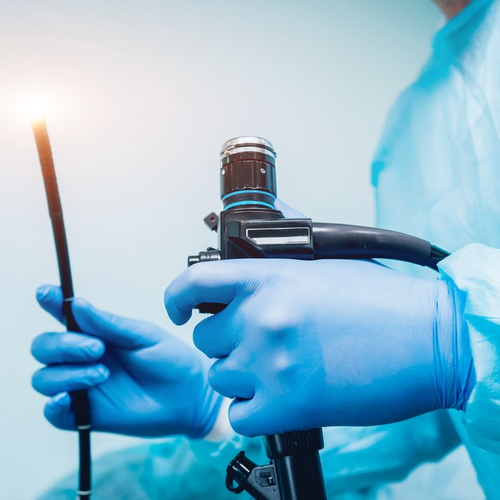EXPERTISE
Prahalad B. Jajodia, M.D.
Expertise
Gastroenterology
Treatment of the gastrointestinal tract

Gastroenterologists are doctors who specialize in the field of gastroenterology. Their main task is to diagnose, treat, and prevent diseases of the gastrointestinal tract, particularly stomach and intestine. There are different types of diseases that are commonly associated with gastroenterology such as irritable bowel syndrome, Crohn's disease, ulcerative colitis and diverticulitis. Other diseases include gallbladder disease, pancreatic cancer, and duodenal ulcers.
Liver Diseases
Abnormalities of Liver Function
Liver disease is any abnormality of liver function, which results in cellular deterioration. The liver is primarily responsible for several vital functions in the human body and when it becomes diseased or damaged, the impairment of these functions can result in serious damage to the whole body. As with all diseases, prevention is always better than cure. If you want to keep your liver functioning at its best, you need to pay attention to a few things.
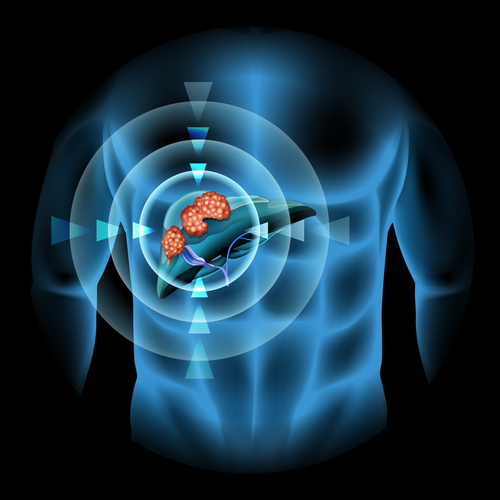
Biliary Diseases
Chronic disease which the liver
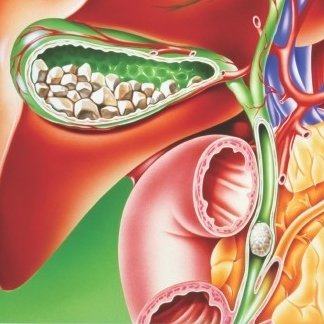
Primary biliary cholangitis, also known as primary biliary cirrhosis, is a chronic disease in which the bile ducts in the liver are slowly destroyed. Bile is a fluid that's made by cells in your liver. It aids with digestion and lets your body get rid of fat-soluble toxins, cholesterol, and worn-out red blood cells.
Colon Cancer
A cancer of the colon or rectum
A cancer of the colon or rectum, located at the digestive tract's lower end. Early cases can begin as noncancerous polyps. These often have no symptoms but can be detected by screening. For this reason, doctors recommend screenings for those at high risk or over the age of 50. Colorectal cancer symptoms depend on the size and location of the cancer. Some commonly experienced symptoms include changes in bowel habits, changes in stool consistency, blood in the stool, and abdominal discomfort.
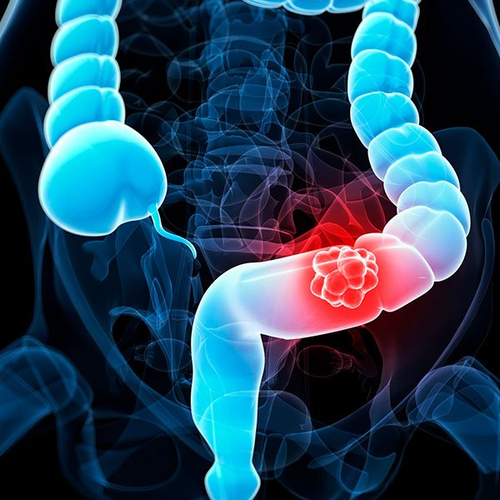
Colonoscopy
A non-invasive procedure that detects cancer
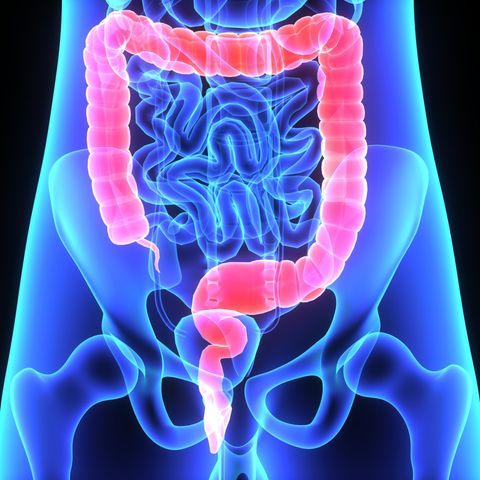
Colonoscopy is a non-invasive procedure that aids in the detection of the polyp and colon cancer. It is the endoscopic examination of the large bowel and the distal part of the small bowel with a CCD camera or a fiber optic camera on a flexible tube passed through the anus.
Endoscopy
Medical camera tool to see inside the body
An endoscopic, or endoscaroscope, is a tool used in medicine to examine the inside of the body. This is a procedure that uses an endoscope (a flexible medical instrument containing a camera) to look inside the body. Unlike many other medical imaging techniques, endoscopes are inserted directly into the organ they're being used to investigate. There are many types of endoscopes.
